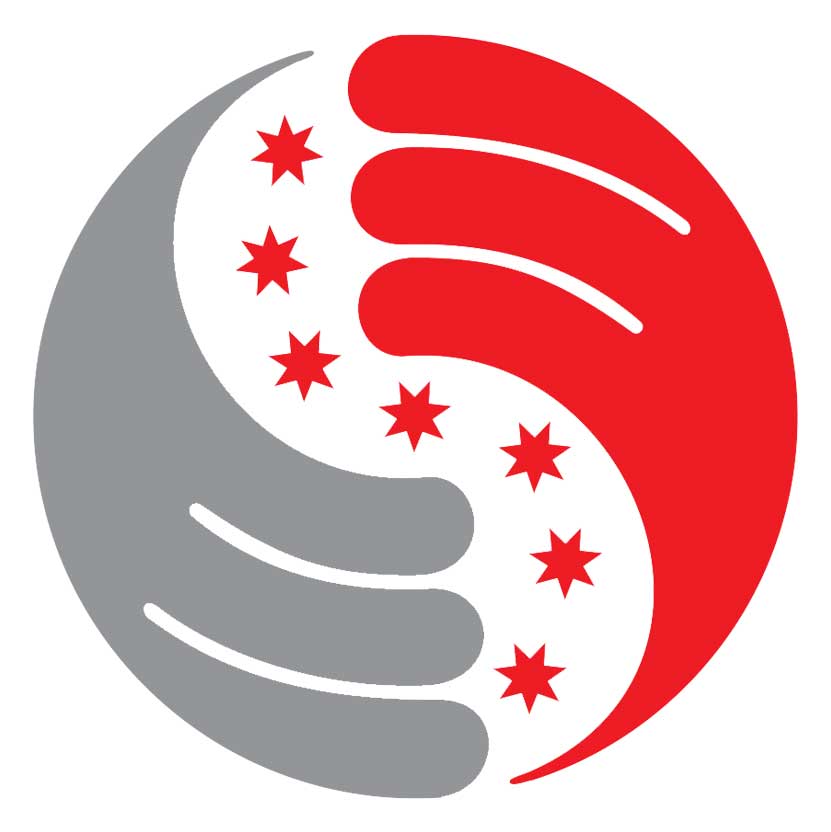
“Examination is not a true test of knowledge” is a statement/mantra that one should have come across at one point or the other. Many people are too eager to mouth “examination is not a true test of knowledge” to rationalize their abysmal academic performance, lack of substantial academic effort/nonchalance, and sometimes, the education system. However, it is pertinent to EXAMINE this cliche itself. Is it true? Choose your answer and discuss in the comment section.
Here are my views.
While I agree that “pen and paper” may not be a perfect or circumspect test, it most definitely examines knowledge. It is also important to note that the statement/premise is fallacious since not all examinations are purely “pen and paper”, there are practical examinations, oral examinations, presentation text etc. Another claim made by proponents of the mantra is that some people are able to score high in examinations simply because they are good crammers and not because they are actually knowledgeable.
To some extent, this can be true, but cramming is not easy work (even though personally I am not an expert at it, and do not advocate it) and we need to give crammers credit for their effort. However, I doubt if none of the “knowledge” gained through cramming is committed to long-term memory.
Einstein had a point when he opined “Everybody is a genius, but if you judge a fish by its ability to climb a tree, it will live its whole life believing it is stupid.” But even in water, fish don’t survive effortlessly. Maybe the educational sector needs revamping in certain areas to make it more conducive and to give teaching assistance to those with learning difficulties. Yes. But going by definition, an examination is to test the knowledge or proficiency of (someone) by requiring them to answer questions or perform tasks. In schools, examinations are almost always done after extensive periods of teaching, study and revision. In that wise, how can examination be a FALSE test of knowledge?
In the other hand, I will use Finland as an example, A country whereby, There are no inspectors, no exams until the age of 18, no school league tables, no private tuition industry, no school uniforms. Yet since 2000, this same country, Finland, has consistently featured at or near the top of international league tables for educational performance, whether children are tested on literacy, numeracy or science. More than 60% of its young people enrol in higher education, roughly evenly divided between universities and polytechnics. According to the World Economic Forum, Finland ranks third in the world for competitiveness thanks to the strength of its schooling, which overcomes the nation's drawbacks, in the forum's view, such as restrictive labour market regulations and high tax rates.
Lastly, Examination is
Key to Knowledge :
K= Keep
E= Educating
Y= Yourself.